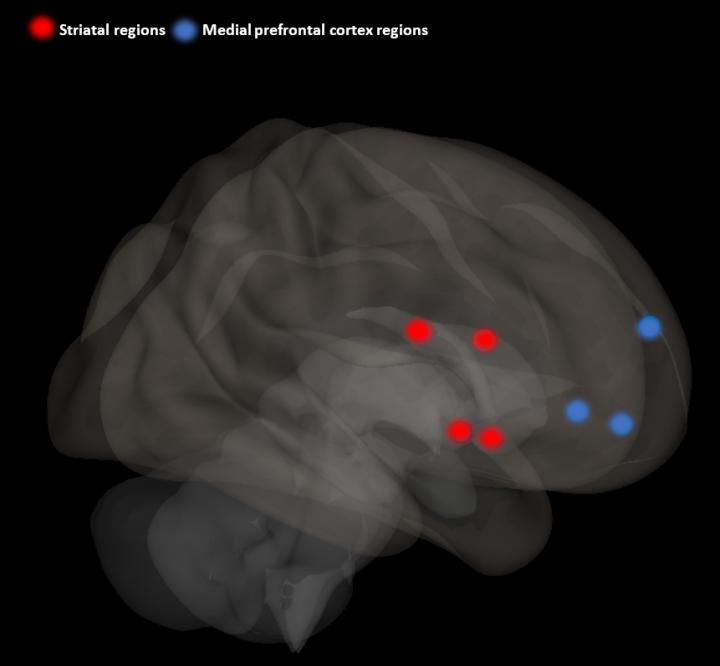Rich rewards: Scientists reveal ADHD medication’s effect on the brain
Attention-deficit hyperactivity disorder (ADHD) is a neurobiological disorder characterized by symptoms of hyperactivity, inattention and impulsivity. People with the condition are often prescribed a stimulant drug called methylphenidate, which treats these symptoms. However, scientists do not fully understand how the drug works. Now, researchers at the Okinawa Institute of Science and Technology Graduate University (OIST)…








